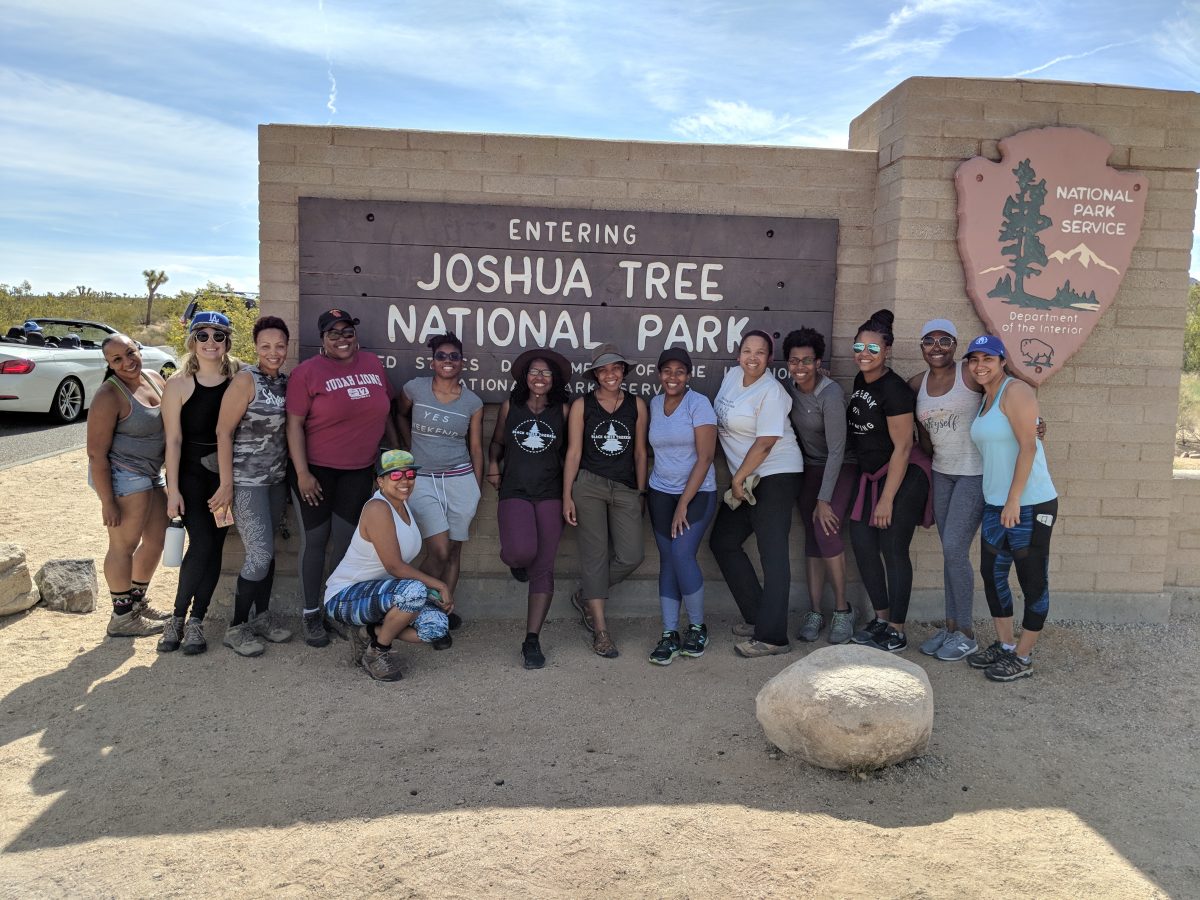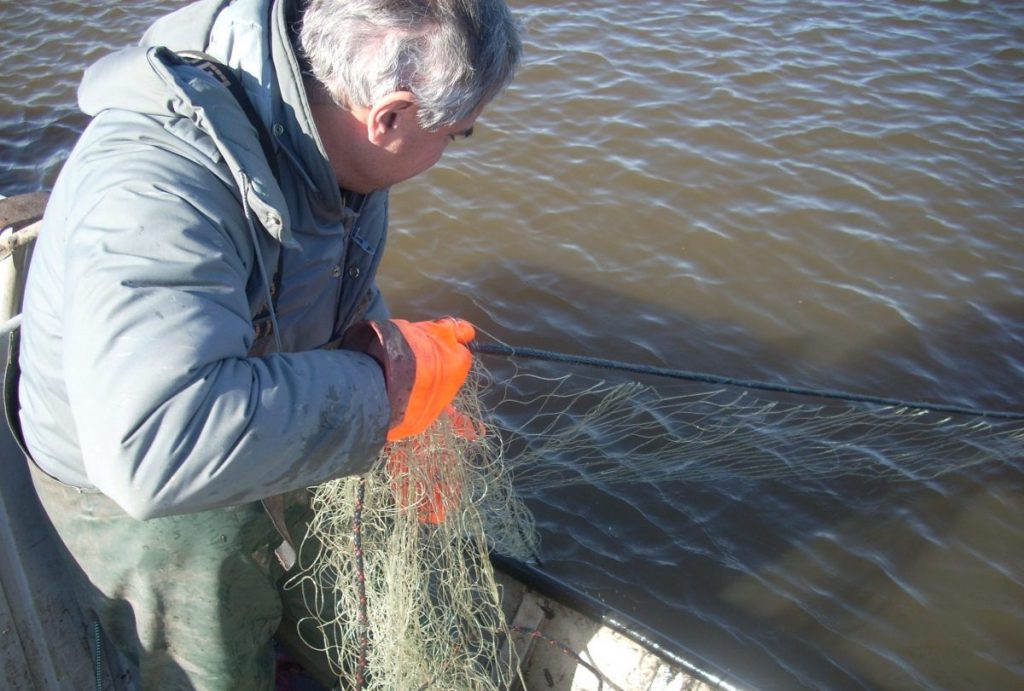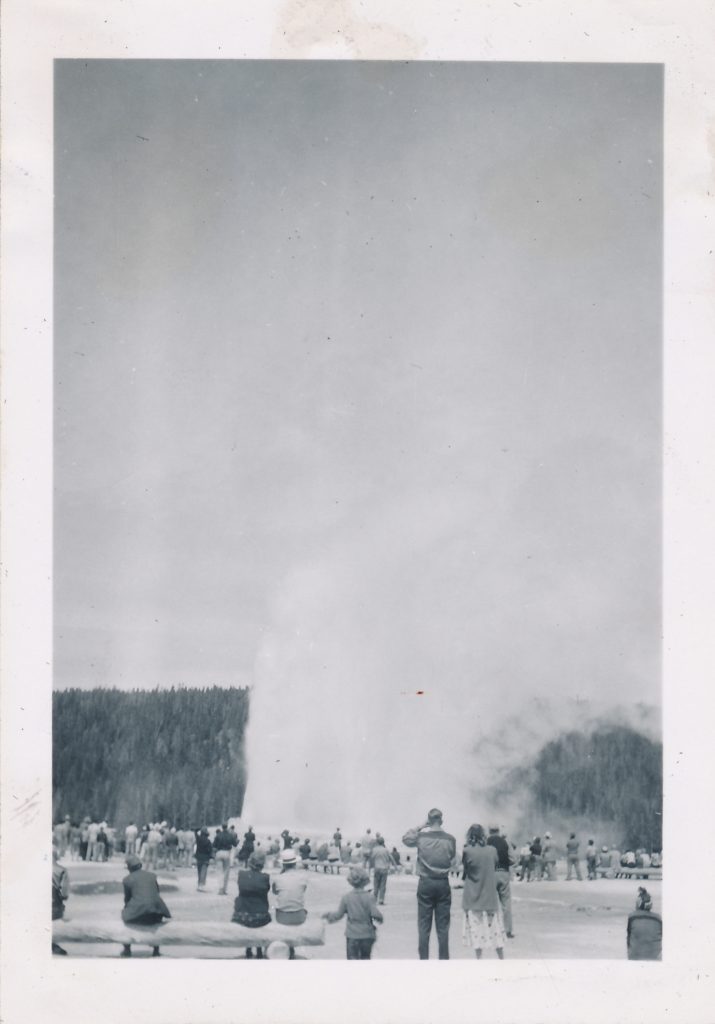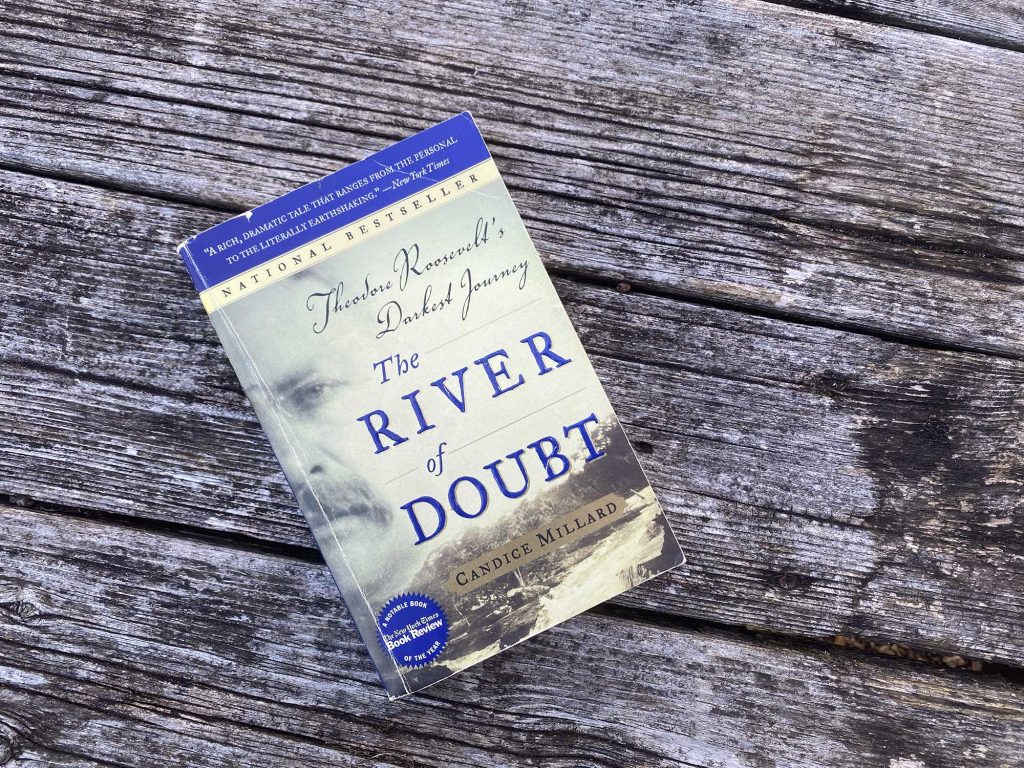Tiffany Tharpe’s passion for nature began in childhood, when she could be found flipping back and forth between Animal Planet, Discovery and PBS. Yet, for the longest time, her involvement in the outdoors was largely limited to these secondhand experiences.
“I had always been interested in the outdoors as a kid, but hiking and camping were [things] my family didn’t do, so I never got to really explore and recreate outdoors during my childhood,” says Tharpe, who attributes much of this to coming from a black family.
“I was limited on doing a lot of the outdoorsy stuff that I always see white families doing, even to this day,” she wrote on her website. “It was and still is a stereotype that black people don’t go outside, swim or care for animals the way white people do.”
As an adult, Tharpe was more free to pursue her long-standing passion. “I reconnected with the outdoors through hiking and grew to love the sights, sounds and smells of nature,” says the LA resident.
But more than just recreating in the outdoors, she felt pulled toward something greater.
“There are friends and family members who are confused [as to why] I hike so much because it’s just ‘not what black people do.’”
Inspired by her experiences in nature, Tharpe, along with high school friend Michelle Race, founded the hiking group Black Girls Trekkin’ in 2017 on the fundamental notion that “the outdoors is for everyone.” With a focus on increasing diversity in the outdoors by creating a safe space for people of color to recreate, they are dismantling the stereotype that “black people don’t go outside.” Beyond recreating outdoors, they also do their part to conserve and protect it, striving to minimize their impact on the environment and educate others about native flora and fauna.
In between hiking and climbing waterfalls, Tharpe and Race shared with us what continues to draw them to nature, the challenges they’ve faced as black women in the outdoors and the role of Black Girls Trekkin’ in helping people of color reap the benefits of a life outdoors.
What is your earliest memory of spending time outdoors, and what effect did that experience have on you?
Tharpe: I know I said my family didn’t go camping, but there was a time my mom begrudgingly took me with close friends of hers. It was so fun setting up the tent and having to cook our meals over the campfire, and I’ll never forget her friend teaching me and my cousins how to fish.
What do you love most about getting out in nature?
Tharpe: I love reconnecting with nature and listening to the sound of the trees blowing in the wind, critters chirping and rummaging about and, especially, the sounds of streams and waterfalls. It creates a meditative state of mind, and I forget my troubles in that moment.
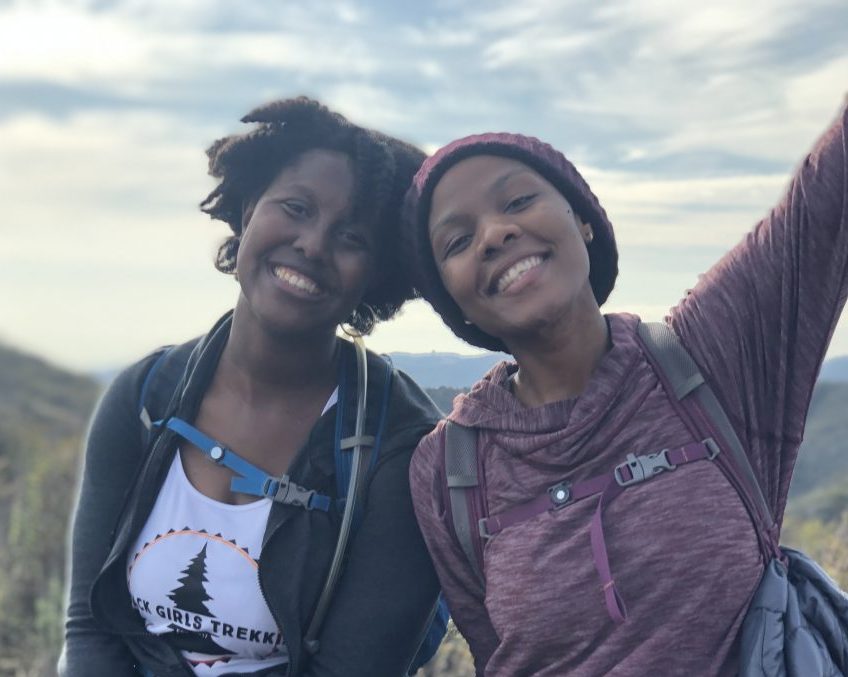
What do you take away from the experience?
Tharpe: I think that nature is healing and therapeutic, and we can all benefit from spending time outdoors.
As a person of color, what challenges have you faced with regard to the outdoors and outdoor recreation?
Tharpe: When you get away from diverse cities like Los Angeles, there are less people of color on the trails, and you get more stares and more judgement. I’ve climbed mountains and passersby have said, “You know you still have a long way to go,” as if doubting I could make it. There are also friends and family members who are confused [as to why] I hike so much because it’s just “not what black people do.”
How have you overcome those challenges, and why was it important to you to do so?
Tharpe: It’s important that I and other people of color who are hiking and recreating outdoors continue [these activities] to get rid of that stereotype that “black people don’t do this.” We are a clear and present force outdoors, and we should be able to do it without being judged.
What about your experiences led you to create Black Girls Trekkin’?
Tharpe: We launched Black Girls Trekkin’ because we wanted to create a safe space for black girls and women to get outdoors and show that we do get outdoors and engage in these activities. The support system we’ve created has been amazing, and we love seeing the group cheer each other on. Whether it be [hiking] up mountains or climbing rock walls, we’ve created that safe space and make ourselves more seen and heard.
“It’s important that black people have equitable access to this kind of resource. But overall, it’s about creating the reality that no matter where you go, you belong there.”
Why is it important to you that other African Americans, particularly black women, engage in and are able to experience the great outdoors?
Race: It’s important to me because the outdoors is for everyone. Our group was created for black women because we deserve to be able to explore without limits. We also know that being outdoors and in nature is good for our health and well-being. It’s important that black people have equitable access to this kind of resource. But overall, it’s about creating the reality that no matter where you go, you belong there.
How are you working to dispel the myth that “black people don’t go outside”?
Race: Black Girls Trekkin’ tackles this myth in two ways. The first is representation. Although it’s slowly changing, the media portrayal of who recreates outside is largely white. The reality is that black people do explore the outdoors, and through our work, we can make sure that gets seen.
The second way we dispel this myth is through group events. It’s not always easy to try something new when you’re the only black person in the space. When we host a group hike, [people who are] new to the outdoors has a safe place to feel comfortable. Our hope is that this makes it easier for someone to have a positive experience and [that they’ll] want to keep taking up space outdoors.
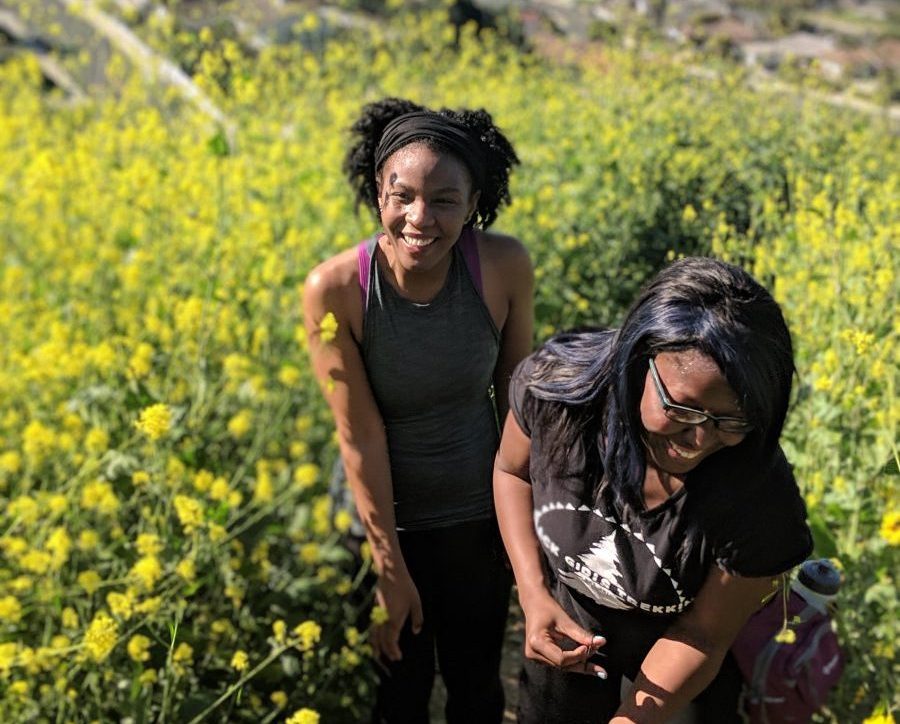
I understand that Education and Conservation is one of your principles. What work do you do to promote these concepts and ensure understanding of the benefits of and the need to protect the natural world?
Race: We feel it is part of our responsibility to learn about and take care of the environment where we recreate. We know that our presence in the outdoors has an effect on the plants and animals that live there. Some simple things that we do are try to limit the number of people who join our outdoor events, carry trash bags to carry out our own litter and any that we find, and teach groups about local plants and animals that we see. We also host events that teach fundamentals for activities like camping and rock climbing or skill-building workshops for map and compass reading.
With the renewed focus on and activism around racial justice and equality in the U.S., are you hopeful that this effort will extend to the outdoor recreation community?
Race: I think there is potential for an impact on the outdoor recreation community. Our group has already seen increased interest as a result of this focus on racial justice. The reality is that in order for real change to happen, we need sustained focus on justice and equality. While I think a lot of good can come during this time, I’d like to see continued work happening in the outdoor community.

